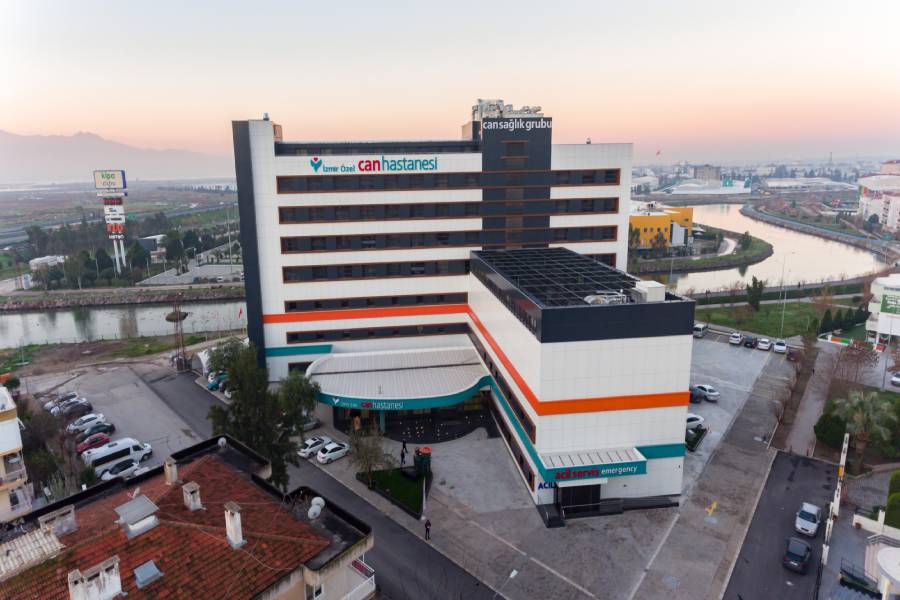How to prevent and reduce hair transplant swelling
Categorised in: HEALTH GUIDE, Genel
Published Date:
Swelling is a common part of getting better after a hair transplant. While some swelling is normal, you can do things to lessen its impact. By knowing why swelling happens, taking good care before and after surgery, and using the right medicines, you can feel less pain and heal faster after your hair transplant.
Swelling After Hair Transplant Surgery
Swelling is a normal part of hair transplant surgery recovery. It happens because the body reacts to the surgery with inflammation. This swelling peaks around the third or fourth day after surgery. Some swelling is okay and means the body is healing. But too much swelling can be a sign of a problem. It might mean an infection or a bad reaction to medicine. Patients should watch their swelling and tell their surgeon if it’s getting worse or doesn’t go away.
Knowing what swelling is like after surgery helps patients manage their recovery better. By following their surgeon’s advice and using cold compresses, patients can control swelling. This makes healing more comfortable.
Pre-Surgery Measures to Minimize Swelling
Getting ready for a hair transplant is key to great results and fewer complications, like a lot of swelling. Follow your surgeon’s pre-surgery advice closely to cut down swelling risk. This might mean skipping some medicines and supplements that can make swelling worse, like aspirin, ibuprofen, and vitamin E.
Stick to your surgeon’s advice and live a healthy life before your hair transplant. This means eating foods full of fruits, veggies, and lean proteins, drinking lots of water, and getting enough sleep. Taking care of your health helps your body handle surgery better and less swelling.
Also, quit smoking and drink less alcohol two weeks before your surgery. Smoking and too much alcohol can hurt blood flow, which is key for healing and less swelling. Without these habits, your body can heal better and swell less after surgery.
Post-Surgery Care for Reducing Swelling
After surgery, it’s key to manage swelling and follow a smooth recovery plan. Using cold compresses or ice packs on the forehead and eyes helps. This method reduces blood vessel size, lessening inflammation and pain.
It’s also important to sleep with your head raised and avoid hard work. Staying upright and not overexerting yourself helps with blood flow and draining lymph. This reduces swelling and speeds up healing.
Cleaning your scalp gently and following your surgeon’s washing instructions is crucial. Use the recommended products and methods to keep your scalp clean. This approach prevents infections and swelling, ensuring your hair transplant heals well.
Medications and Treatments for Managing Swelling
After a hair transplant, swelling in the treated areas is common. To deal with this swelling and aid recovery, various medications and treatments are available. Over-the-counter pain relievers and anti-inflammatory drugs, like ibuprofen, can lessen pain and swelling. These drugs target inflammation in the body, reducing discomfort and swelling.
For severe or lasting swelling, surgeons might suggest oral steroids. Steroids, such as prednisone, are strong anti-inflammatory drugs. They help control swelling and inflammation. These should be taken as the surgeon directs to get the best results and avoid side effects.
New treatments like low-level laser therapy (LLLT) and hyperbaric oxygen therapy (HBOT) are also being used. LLLT uses light to boost cell activity, improve blood flow, and lessen inflammation. HBOT involves breathing pure oxygen in a pressurized room. This increases oxygen to the tissues, helps healing, and reduces swelling.
It’s crucial for patients to follow their surgeon’s post-op instructions closely. Talking about swelling or medication concerns with the surgeon is important. By doing so, patients can manage swelling well and recover smoothly from their hair transplant.
Considerations for Hair Transplant in Turkey
Many people look at Turkey for a hair transplant because of its skilled surgeons and good prices. Choosing a good surgeon is key when planning a hair transplant in Turkey. Spend time to find a clinic with experienced surgeons who have done many successful hair transplants. Make sure they are board-certified and know about hair restoration methods like FUE or DHI. Reading reviews, looking at before-and-after photos, and talking to them can help you decide.
It’s also important to think about the whole experience of medical tourism in Turkey. Consider the cost of travel, where you’ll stay, and any other extra costs for the procedure abroad. Can Hospital offer packages that cover everything from transport to aftercare.
By thinking about these things and doing your homework, you can make a smart choice for a hair transplant in Turkey with Can Hospital. Picking a skilled surgeon and a good clinic, and taking care of yourself before and after surgery, can help reduce swelling. This can also lead to great results in your hair restoration journey through medical tourism.
When to Contact Your Surgeon About Excessive Swelling
After a hair transplant, it’s key to watch your recovery closely. Know the signs that might mean you’re facing complications or swelling. Some swelling right after surgery is normal, but there are times you should call your surgeon.
If swelling is severe, lasts too long, or looks uneven, contact your surgeon right away. This could mean you have a complication that needs help. Also, watch for signs like a lot of pain, discharge, or a fever. These could mean an infection or other problems that need quick medical help.
For a smooth recovery, make sure you can easily talk to your surgeon or a doctor. They should tell you how to get in touch if you have any issues. Keeping in touch and getting help quickly can reduce risks and help you get the best results from your hair transplant.

Why British Citizens Choose Turkey for Health Services?
British citizens are increasingly opting for Turkey when seeking medical treatments due to a combination of superior healthcare services, affordability, […]

Psychological Effects of Genital Aesthetics on Body Image
In a society increasingly focused on physical perfection, the realm of genital aesthetics has surfaced as an area of both […]

Common Concerns About Genital Plastic Surgery
Genital plastic surgery, a burgeoning field within the realm of cosmetic enhancements, has witnessed a notable surge in popularity. Procedures […]

In which cases is labiaplasty necessary?
Labiaplasty, a procedure that has recently garnered significant attention, involves the surgical reduction of the labia minora. This operation, also […]

Healthy Recovery Process After Genital Aesthetic Surgery
Day Things To Do Things to Avoid 1-7 Days – Bed rest – Using medications recommended by the doctor – […]